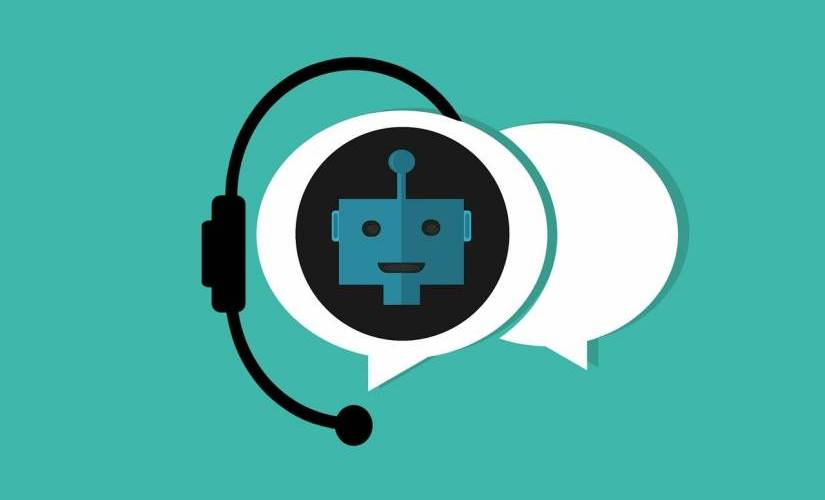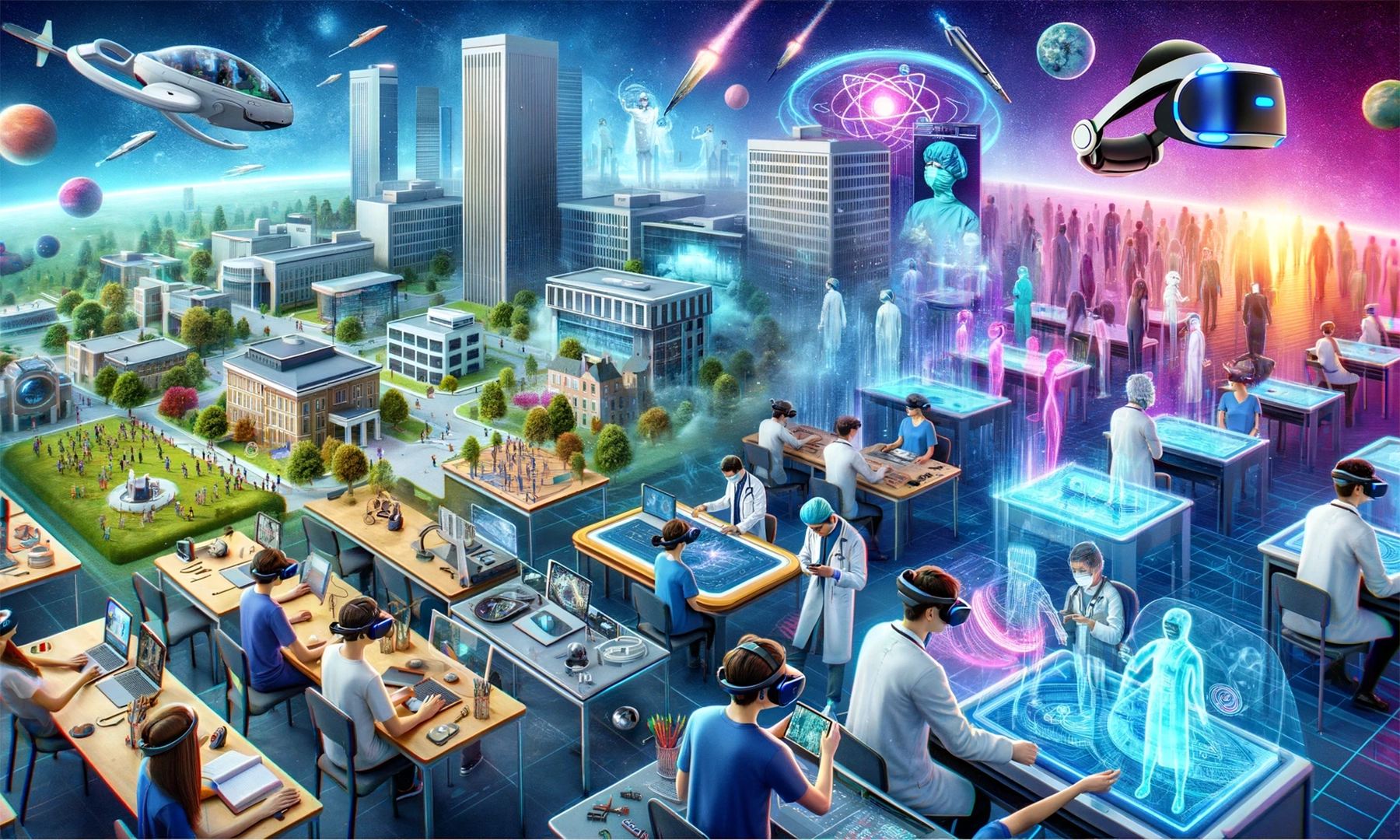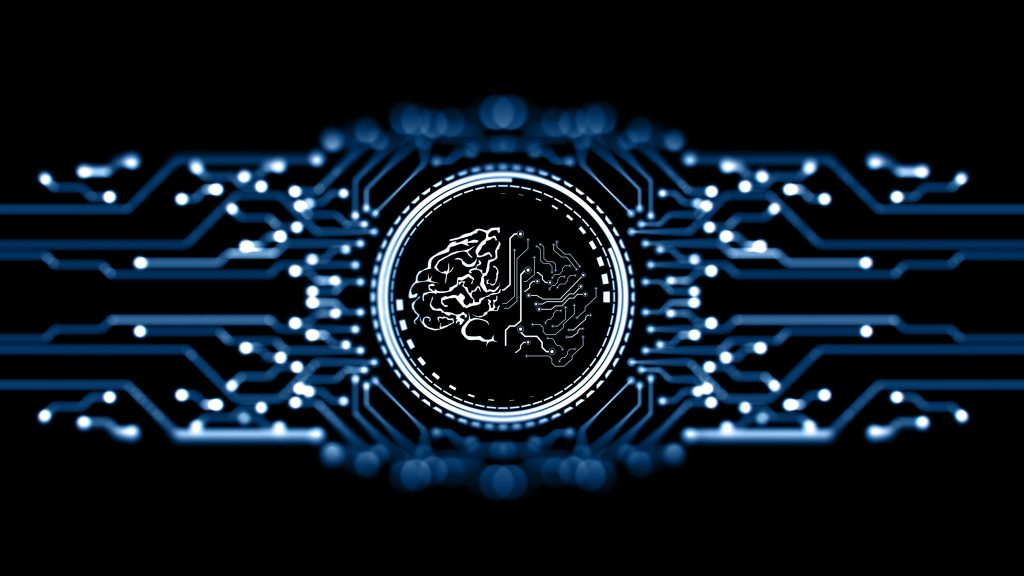Artificial intelligence

(AI) is rapidly reshaping customer service across industries by automating processes, improving response times, and enhancing the customer experience. As companies look for ways to deliver more personalized and efficient service, AI technology is becoming a game changer, providing scalable and cost-effective solutions. Here is a closer look at how AI is transforming customer service:
1. automation and chatbots
AI-powered chatbots and virtual assistants have become the cornerstone of modern customer service. These systems can handle routine inquiries and free up human agents for more complex tasks. Chatbots can be programmed to answer frequently asked questions, process transactions, and even troubleshoot basic problems, providing 24/7 support.
Benefits
Immediate response: AI can provide immediate support, reducing customer wait times.
Cost-effective: Automation reduces the need for large customer service teams and lowers operational costs.
Consistency: AI provides consistent responses and ensures uniform service across all interactions.
For example, companies such as Amazon, Sephora, and Bank of America use AI chatbots to respond to customer inquiries, improving response times and overall satisfaction.
2. personalization through AI
One of AI’s greatest strengths is its ability to analyze vast amounts of data and provide personalized experiences. By processing information such as purchase history, browsing behavior, and preferences, AI can predict customer needs and make tailor-made suggestions.
For example, Netflix uses AI algorithms to personalize content recommendations, while Amazon suggests products based on past purchase history. In customer service, AI personalization means that agents have real-time access to relevant customer data, allowing them to offer more customized solutions.
Key Impacts
Customer loyalty: Personalized experiences strengthen customer relationships and increase loyalty.
Efficient problem solving: AI systems can predict what problems will arise and provide solutions before they become problems.
3. predictive analytics with AI
Predictive analytics uses AI to analyze past customer data and predict future behavior. This is particularly useful in predicting customer needs and proactively providing support, leading to increased customer satisfaction and retention.
For example, telecommunications companies can use predictive AI to identify when a customer is likely to experience a service issue and provide assistance before the customer becomes aware of the problem. Meanwhile, airlines are using predictive analytics to streamline the customer experience, offering targeted upgrades and faster check-in based on travel patterns.
4. voice and voice recognition technology
AI voice and speech recognition, used in virtual assistants like Siri, Alexa, and Google Assistant, has become an essential tool for customer service. Advances in natural language processing (NLP) have enabled these systems to understand and respond to complex human speech patterns.
Call centers are also utilizing AI voice technology to respond to customer inquiries. Virtual agents can answer calls, direct customers to appropriate resources, and even perform basic troubleshooting without human intervention. This not only speeds up service, but also reduces the workload of human agents.
5. improved customer insight and sentiment analysis
AI can be used to monitor and analyze customer sentiment through feedback, social media interactions, and reviews. By analyzing the tone, sentiment, and intent of text, AI systems can gauge how customers feel about a product or service, allowing companies to respond to issues more effectively.
For example, Zendesk and Salesforce offer AI-powered tools that track customer emotions in real time, helping companies respond proactively to complaints and positive feedback. Benefits
Improved customer experience: real-time sentiment analysis allows companies to quickly address customer concerns.
Improved product development: With a deeper understanding of customer feedback, companies can make data-driven decisions to improve their products.
6. AI-assisted human agents
AI can not only function on its own, but also help human agents perform their tasks more effectively: AI can provide relevant information about a customer’s past interactions, suggest possible solutions, and even provide real-time coaching during live chats and calls to and other ways it can assist customer service representatives.
For example, AI tools can suggest the best course of action for representatives responding to complex inquiries, ensuring faster and more accurate responses. Such a collaborative model between AI and humans would increase efficiency, reduce errors, and improve the overall customer experience.
7. ai for multilingual support
Multilingual customer support is essential for companies operating globally, and AI translation tools enable companies to provide multilingual support without having to hire native speakers of all languages. Advanced NLP systems provide real-time translations, allowing customers and agents to communicate effectively regardless of language barriers.
Companies like Google and Microsoft have developed AI-driven translation tools that are now integrated into customer service systems, making global support more accessible and cost-effective.
8. faster, more accurate problem resolution
AI can process vast amounts of customer data, analyze trends, and propose solutions more quickly than human agents. Even for complex problems that require in-depth research, AI systems can quickly sift through databases and suggest the best solution, significantly reducing the time required for resolution.
For example, companies such as IBM and Hewlett-Packard use AI-powered tools to diagnose and resolve technical problems before they escalate, minimizing customer downtime.
9. AI-powered self-service solutions
AI enables customers to resolve issues on their own without having to contact a customer service representative. an AI-powered self-service portal allows customers to access a knowledge base, perform account management tasks, and troubleshoot issues through interactive guides. troubleshooting issues through interactive guides. These systems are designed to learn from customer interactions and improve over time.
Key Benefits
Reduced number of calls: Customers are able to resolve common problems on their own, reducing the number of customer service calls.
Customer empowerment: The self-service option gives customers more control over their interactions with the company.
10. challenges and ethical considerations
While AI has many advantages, there are also challenges and ethical considerations. For example, privacy concerns arise when AI systems collect and analyze personal data. Companies must ensure compliance with data protection regulations such as GDPR so as not to undermine customer trust.
Furthermore, while AI can handle many tasks, it lacks the emotional intelligence of human agents. For sensitive issues and complex emotional queries, human intervention remains essential to provide the best customer experience.
Conclusion.
AI is transforming customer service by providing faster, more personalized, and efficient solutions. From chatbots and predictive analytics to speech recognition and sentiment analysis, AI tools are enabling companies to deliver a better experience while reducing costs. But as AI continues to evolve, companies must strike a balance between automation and human empathy, ensuring that technology enhances rather than replaces the human touch in customer interactions.
The potential of AI in customer service is vast, and as the technology matures, expect to see more innovative applications that further redefine how companies engage with their customers.












